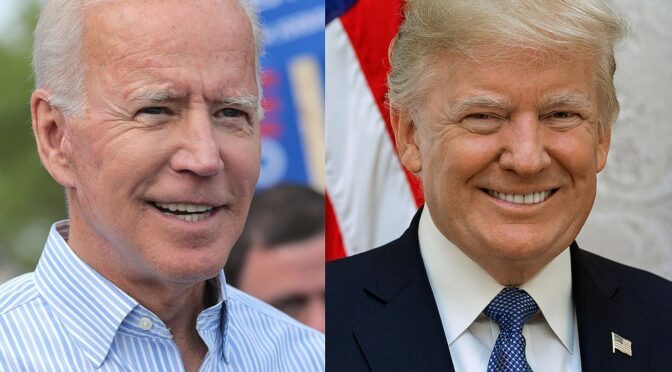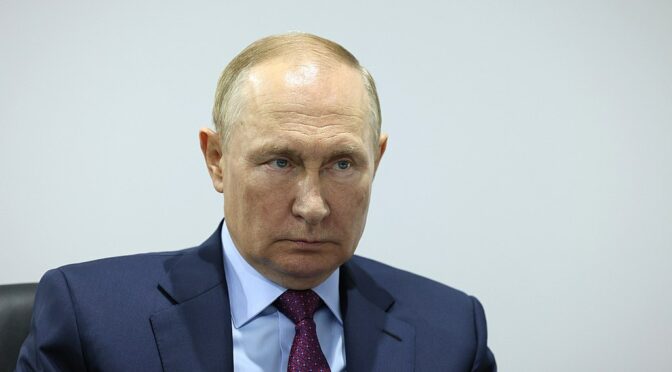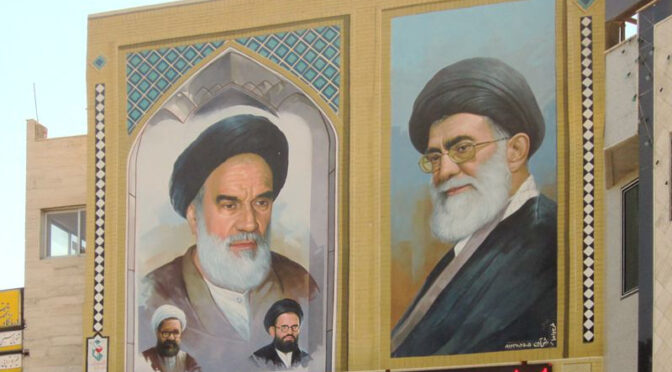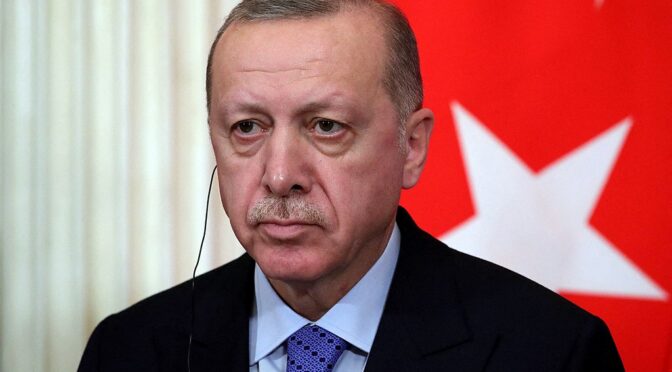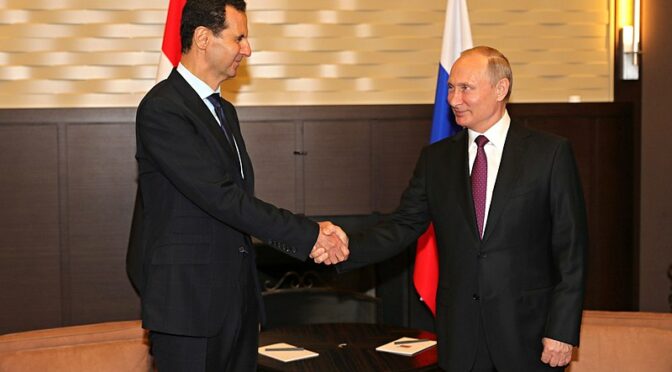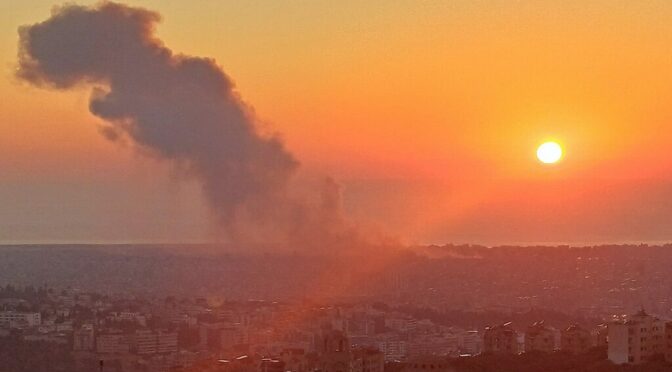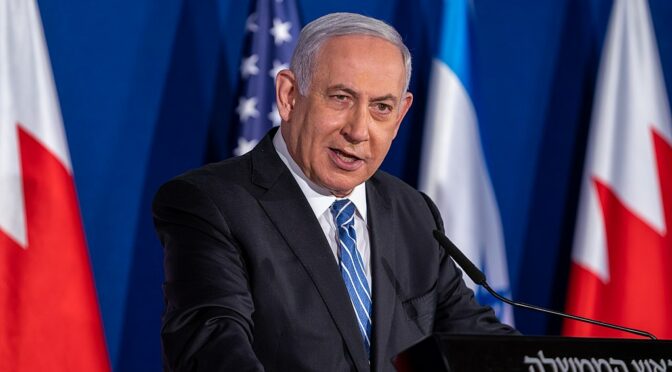Article published in The Daily Telegraph, 15 January 2025. © Richard Kemp
Joe Biden’s hurried push for a ceasefire in Gaza before he leaves the White House is a fitting epitaph for his four years of foreign policy disasters. Under his vision, the proposed ceasefire would likely play into Hamas’s hands and disadvantage Israel. But does he really care if it does?
The President’s main interest seems to be his own legacy, and he must think a ceasefire in Gaza would be a success he could brag about. It’s like his disastrous retreat from Afghanistan timed precisely to show how he ended the war on the 20th anniversary of its beginning.
It didn’t quite work out that way, instead consigning the country back into the hands of a brutally repressive Taliban regime, which is again fast becoming a base for international jihadists to threaten the world. Biden’s desertion of America’s long-term ally also flashed a green light to Vladimir Putin, telling him he could invade Ukraine knowing that the administration would not stand up to him. So it has proven, and we now seem to be on the verge of a ceasefire on Russian terms thanks to Biden’s refusal to give Kyiv the tools it needed to repel the invaders.
Biden will of course take whatever credit he can from a ceasefire in Gaza. But if Hamas does go along with the latest deal, it will be down more to the spectre of Donald Trump who has promised ‘all hell will break loose’ if the hostages are not released before he enters the White House. Indeed Trump’s looming presence has been made flesh by the involvement in negotiations of his designated Middle East envoy, Steve Witkoff.
What is more, a temporary ceasefire in Gaza, if it does occur, may not turn out to be exactly what it seems to the man in the Oval Office for the next few days. In fact, it is likely to be one part of a wider strategy for the Middle East already agreed between Prime Minister Netanyahu and Trump. That plan will have several far-reaching elements but a primary objective is undoubtedly to destroy Iran’s nuclear programme, which represents an existential danger to Israel and threatens the Middle East and the world. It looks unlikely Continue reading

